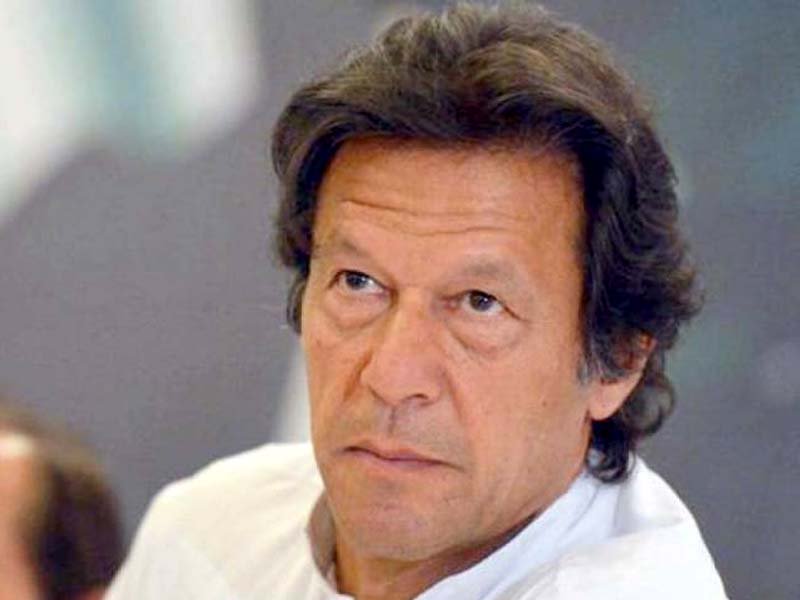
Seventy nine years later in Pakistan, all three forces are playing their due roles; and whereas overpopulation and its consequences need no elaboration, it is the other two ‘over-organisation and propaganda’ that stand out as the persistent forces of change — not to the good but to the worst. Technology is being consistently used (abused) as Huxley predicted to “bypass the rationale side of the man and appeal instead to his below the surface subconscious and deeper emotions”. Political candidates can be merchandised and made to appear not only amiable, appealing and charismatic but also trustworthy and dependable. But as soon as they occupy the positions of political trust, they prove to be a huge disappointment. Over-organisation (bureaucracy) has actually taken the center stage and working under the shadow of politics (politicians) who made it more loyal to them than to the state — the over-organisation today demonstrates unilateralism and great independence to plot its own road and makes its own way.
When a head of the government leads both the ‘legislative branch’ as well as the ‘executive branch’, what else should the public expect but bad governance due to lack of check and balance. Separation of legislation and executive can curtail the abuse of absolute power (over-organisation) rested in the rulers.
The debate that has led to the affability of the presidential system is not because that untried presidential form of government will be better than the current parliamentary form but actually because the current parliamentary system is not delivering. The executive must get selected on merit. Why the members of the cabinet have to be the members of the legislature? How can the most specialised tasks be performed by the cabinet members whose only reasons to the access to the cabinet are their ability to get elected to parliament, be in the good books of the Prime Minister, do anything to get his nod and approval. Is this what we call egalitarian democracy or a democracy of nepotism, preferences and patronage? Why wouldn’t any PM (even if he is sincerely inclined to deliver) eight months later not find that those put in the position of political and executive authority were not in the first place capable and competent enough to hold the positions they held?
Presidents whether it is Trump, Putin, Erdogan or the Presidents of 19 out of the 23 republics in South America have fixed terms. The presidents that are directly elected have no such vulnerabilities as the ‘vote of no confidences’, ‘long marches’ and ‘dharnas’. Direct election by the people ensures ‘more power and legitimacy to the leader’.
Politics in this country needs a positive, civic criticism, not a put-up show in which the executive and the legislature under the same rulers work under a controlled and enabling environment in which loyalists churn out fake, corrupted, sickening flow of uninterrupted political and executive work that shames the very name of democracy. Politics feeds all and sundry under its democratic control to remain shut up and stay mute. If Huxley was alive today, he would smile looking at the pettiness of the Pakistani politics and the way politics utilises propaganda (utilising all tools of social media) by saying the same thing over and over again and drumming in their ideas circumventing our rational side and affecting our subconscious and through it our minds.
The current deadlocked parliamentary system in which the Prime Minister cannot execute or undertake any legislation is not fulfilling the very purpose for which the legislatures were elected and sent to the assemblies. If these legislatures can do nothing to improve (legislate), the social contract (constitution) that binds those (rulers) with the ruled then why even debate the efficacy of this system in this country’s very definite, precise and very specific political environment.
In the actual brave new world of today in which new power models are being implemented — the essence lies in rapid political response to the emerging situations and crisis. The system of politics that we have doesn’t create response it actually builds and re-builds crisis after crisis. Can we afford this and for how long? Can we even afford the propagandists tied to one party or another churning out narratives after narratives to implant through social media their ideas and situate the love for lost causes (politicians) in our minds day after day? This unstoppable propaganda by the beneficiaries of the politics living in the same political lagoon is damaging and harming the psyche of a nation that has unfortunately been poorly led for a very long time.
History tells us that France shifted to presidential system during the Algerian war, Sri Lanka shifted to the system during its war against terror and Turkey when civil war engulfed the states that shared its borders (Syria and Iraq). Politically, the results of these shifts have been more than positive.
Some of the prime ministers that this country had may not have been the best that we deserved. Their only merit and access to the post of premier has been their loyalty to the political boss. This indirect election of some of the very average occupants of this office shredded to pieces the very idea of meritocracy.
Huxley’s world of less and less freedom is hitting us in our face. That it is doing it in a period of sustained democracy tells us that there is definitely something wrong with the system. If perfectibility is defined as man’s ability to copy others, there is room to think why we are politically so imperfect.
Published in The Express Tribune, April 21st, 2019.
Like Opinion & Editorial on Facebook, follow @ETOpEd on Twitter to receive all updates on all our daily pieces.












COMMENTS
Comments are moderated and generally will be posted if they are on-topic and not abusive.
For more information, please see our Comments FAQ